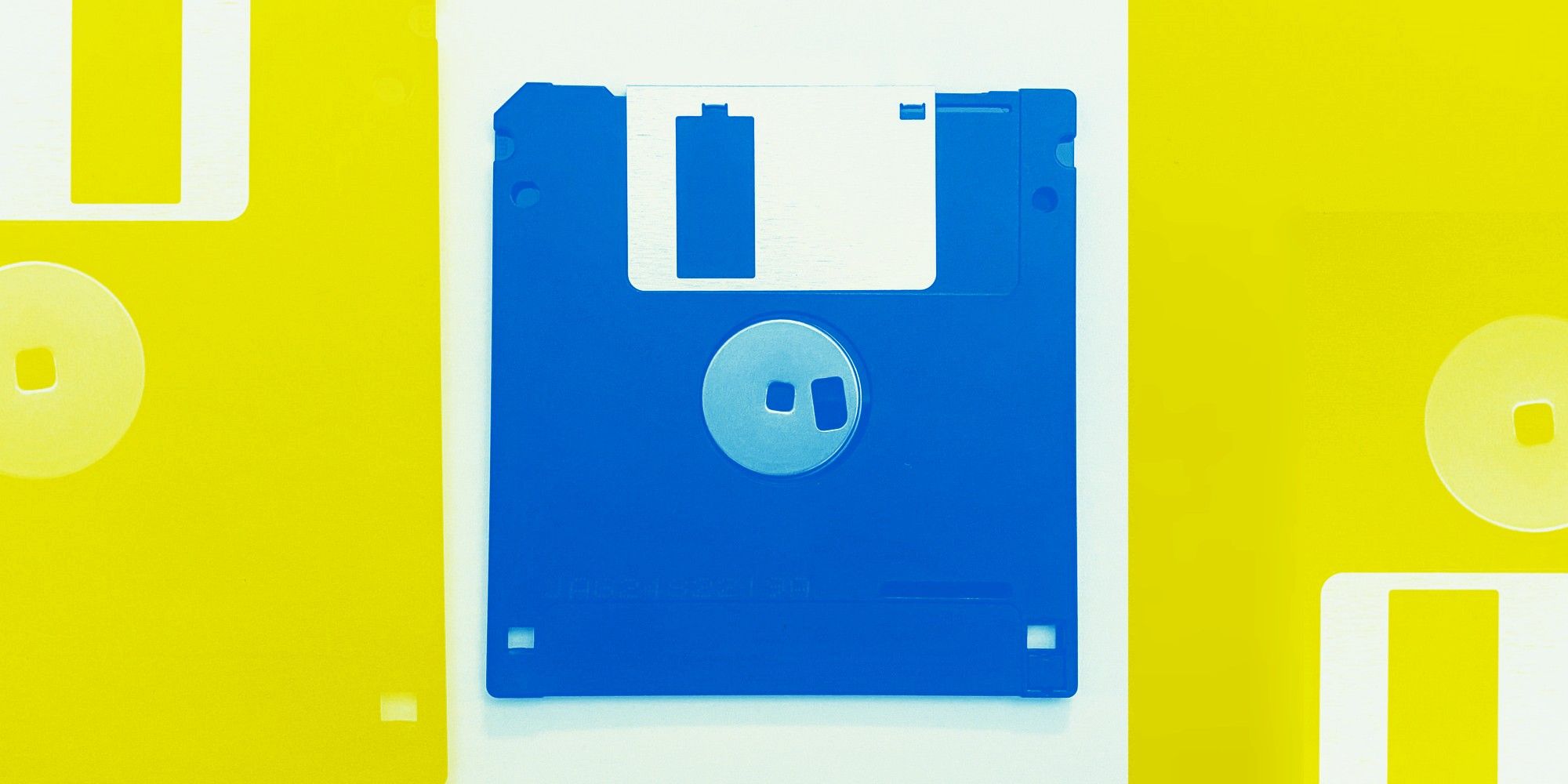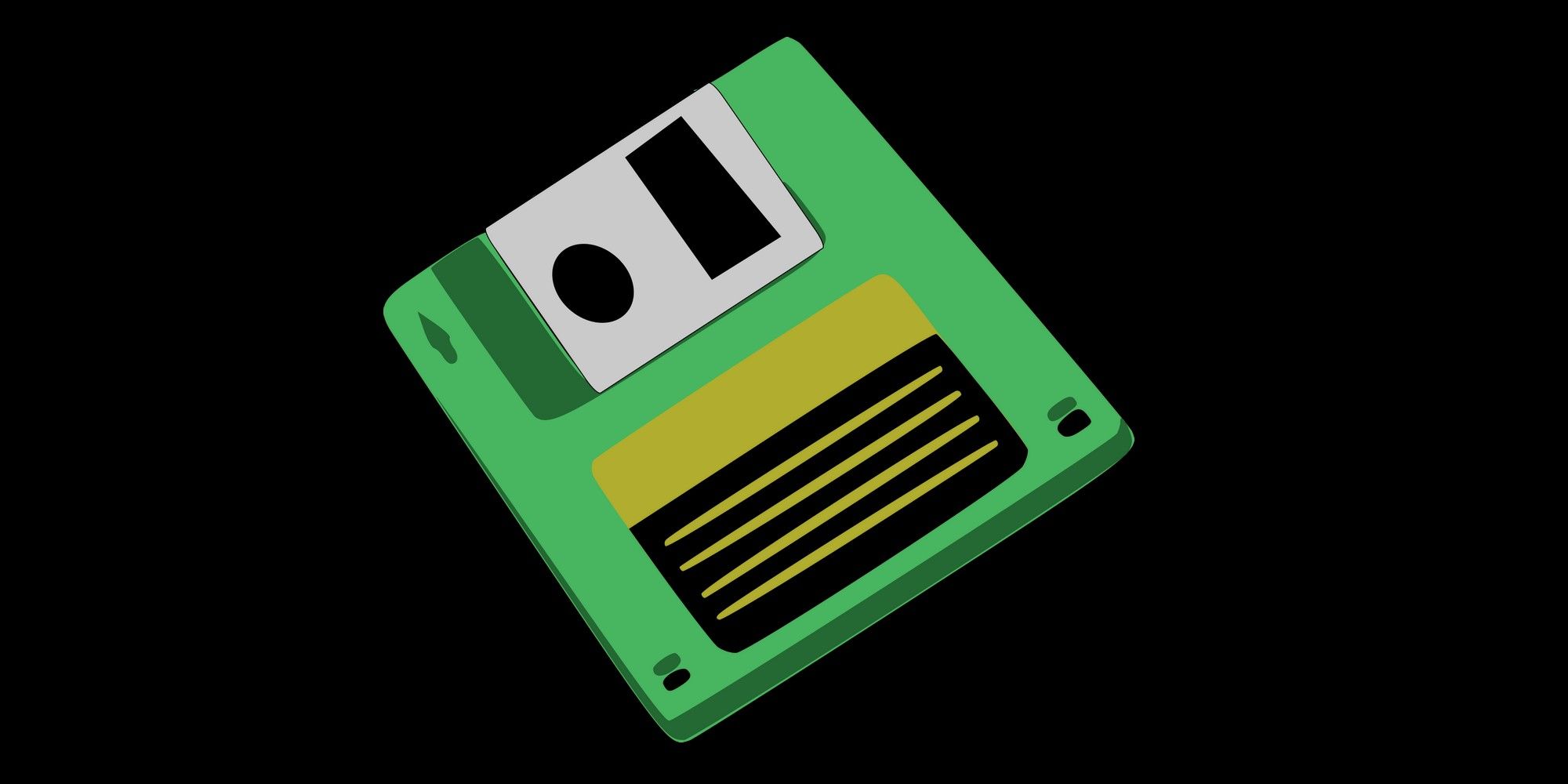Japan has finally started taking concrete steps to bidding goodbye to floppy disks in a much-needed push toward digitization, phasing out a storage solution that Sony stopped manufacturing a decade ago. First introduced by IBM all the way back in the 1970s, the size of floppy disks has shrunk over the years, decreasing from an 8-inch diameter to the 5.25-inch format and finally settling on the 3.5-inch disk size that also bumped the storage capacity.
Despite offering a minuscule capacity, floppy disks survived for a long time due to how reliable they are. Their usage actually continued more at organizational levels than on an individual basis, as consumers quickly moved to more modern alternatives. For example, it was only in 2019 that the US Defense Department stopped using floppy disks and moved to faster SSD storage. Boeing — which is currently making a commercial space station with Blue Origin — was delivering critical software updates via floppy disks to its fleet of Boeing 747-400 aircraft as recently as last year.
According to Nikkei Asia, local authorities in Japan are finally taking decisive measures to ditch floppy disks in favor of modern storage solutions. For example, the Meguro Ward in the capital city of Tokyo is abandoning floppy disks and all other forms of physical storage by the end of the current fiscal year. The Chiyoda Ward is planning a similar move that's expected to be accomplished over the next few years. In contrast, the neighboring Minato Ward shifted all payment-related processes online back in 2019. For the sake of comparison, an average floppy disk offers a data transfer rate in the range of a few hundred kilobits per second while the SSD fitted inside Apple’s M1 MacBook Air offers read and write speeds in excess of 2000MB/s.
The Move To A Digital Age Is Still A Reluctant One
Due to the reliability of floppy disks, officials are still reluctant to the transition, according to the report. So far, officials have stored employee transaction information on floppy disks that had to be physically transported to the banks in order to process payments. Despite the manufacturing of floppy disks coming to a halt and suppliers vanishing some time ago, the reusable nature of floppy disks ensured there was a healthy cache left in the inventory to continue using them.
The cost of floppy disk reader maintenance, slow speeds, and risks of data loss pushed banking institutions to take some hard steps. For example, the Mizuho Bank started charging a hefty monthly fee for the usage of physical storage devices such as floppy disks. Reportedly, it was the bank penalty of around $5,000 per year that finally catalyzed the exit of floppy disks, according to Nikkei. However, it’s not just floppy disks that banking institutions have to worry about. Earlier this year, cybersecurity experts demonstrated that hacking an ATM is feasible using techniques such as communication spoofing or bypassing the internal hard drives, as the machines often run outdated software and are in dire need of regular maintenance.
Source: Nikkei Asia


